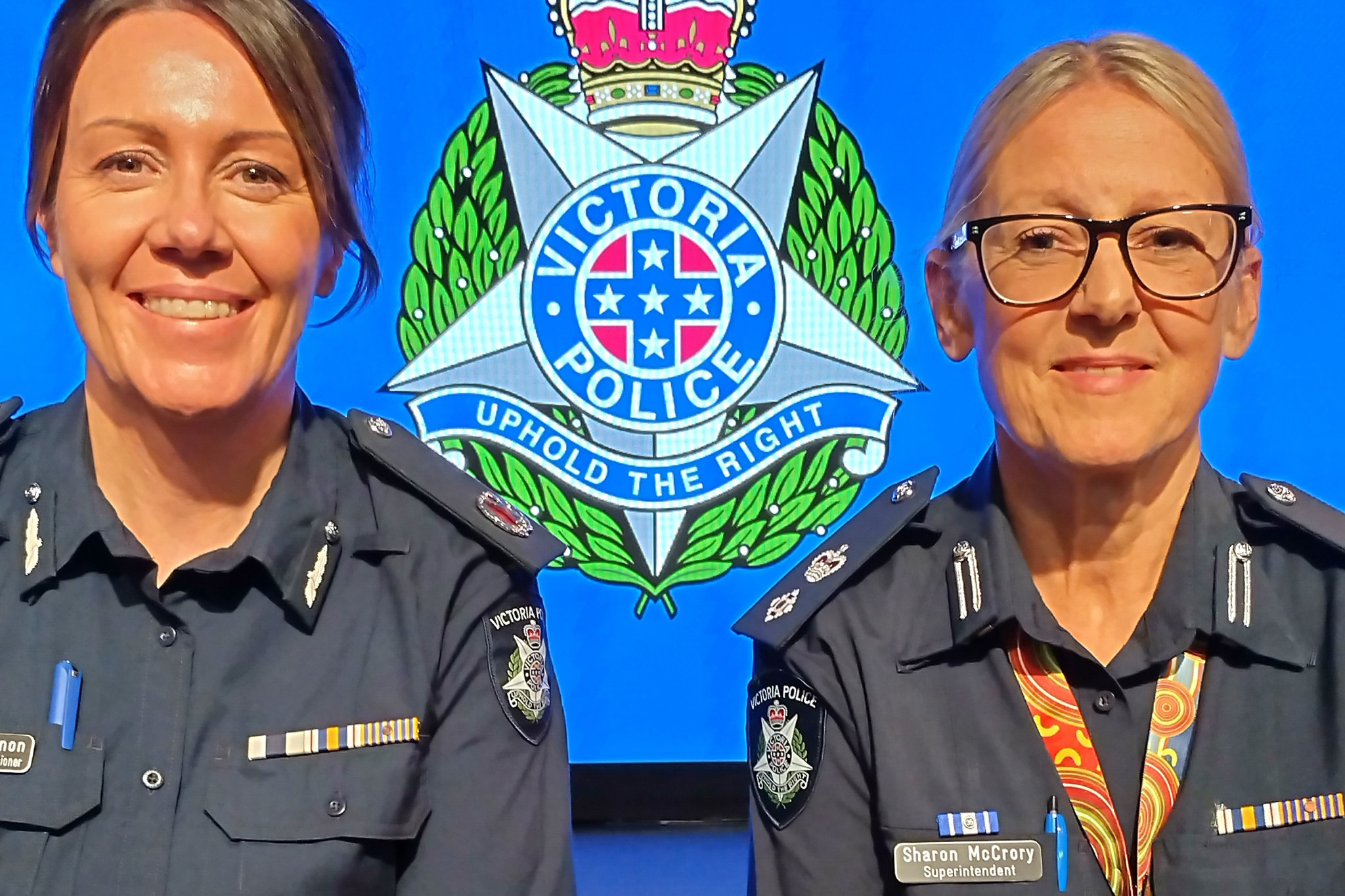General News
21 April, 2024
Police on front foot at forum
District police say they are listening more to the community after a lively and constructive neighbourhood meeting on Wednesday.

District police say they are listening more to the community after a lively and constructive neighbourhood meeting on Wednesday.
The forum - the first of its kind in Horsham - gathered senior police from across the region to present and discuss numerous issues.
It was welcomed by the majority attending as a positive turning point for policing in the region.
Among the most notable concerns were domestic violence, mental health, and ways to curb youth violence and driver behaviour.
The female officers in particular outranked most of their male colleagues at the three-hour session attended by about 50 members of the public, as well as about 20 police officers.
It was billed as the first Western Region Neighbourhood Policing Forum.
Many of those attending represented groups which worked closely with police, such as Orange Door and the Centre for Participation.
Other people were able to raise issues of concern involving police action or intervention.
A community survey from last year noted the public's greatest concerns were: drugs and alcohol, road safety, family violence, safety in public places, serious and organised crime and cyber-crime and online safety.
The orderly meeting, in Horsham's Harvest Church, dealt with various themes with people able to ask questions at any time.
Police also used a QR system to allow people to ask questions anonymously.
Speaking firstly on youth, the audience heard that youth crime usually involved theft, property damage, graffiti or family violence - but it was difficult to curb.
Police and social workers could teach the skills young people needed, the audience heard, but these were often annulled by the home environment, and troubled youth remained angry and anxious.
Last year the Horsham area recorded 104 incidents of crime by youths aged 10-17.
They said early intervention was the key to reducing youth crime, youth violence and trauma incidents after a question about "children going off the rails".
One question related to the responsibility of parents for their children's actions.
Police said they had school programs which started with talks to young children to build trust and reduce fear of police.
They then worked through the school system to older students, with talks on body safety and drug and alcohol use.
Senior Sergeant Dave Ellis, speaking on crime and drugs, said petty damage to letter boxes and other easily accessed items continued, but breaches of court orders was a worrying issue and most prevalent in the 20 to 30 age group.
Youth offences in the district made up 27 per cent of all offences.
Police had a strong focus on drugs, with 53 arrests for 21 drug trafficking incidents in the past year, mostly for cannabis and amphetamines.
Other crimes, believed to be linked to rising price, included shop theft, and fuel theft from service stations and farms.
Police admitted little success with stock theft.
Sgt Ellis said, in answer to a question, that there was no evidence of gang violence in the region or that gangs had been established.
"They're not prevalent as they are in other parts of the parts of the state," he said.
Superintendent Sharon McCory said that police training now had significant emphasis on cultural issues, and new as well as older members had to undergo training in this area.
More emphasis was also placed on officers' mental health issues and their overall safety.
"The approach has changed," she said.
"And now we try to understand issues from the person’s perspective."
Family violence workers had between 2 and 15 incidents daily across the Western Division.
Senior Constable Samuel Foster said the guilt, shame and embarrassment had been taken out of violence reporting.
"We want to make people feel comfortable in receiving help, and agencies are working closely together to ensure people get the help they need," he said.
A social worker said that often in the past women who complained were not taken seriously, and they rejected any call to notify police.
She agreed this was changing.
Have your say: write to news@wmnews.com.au